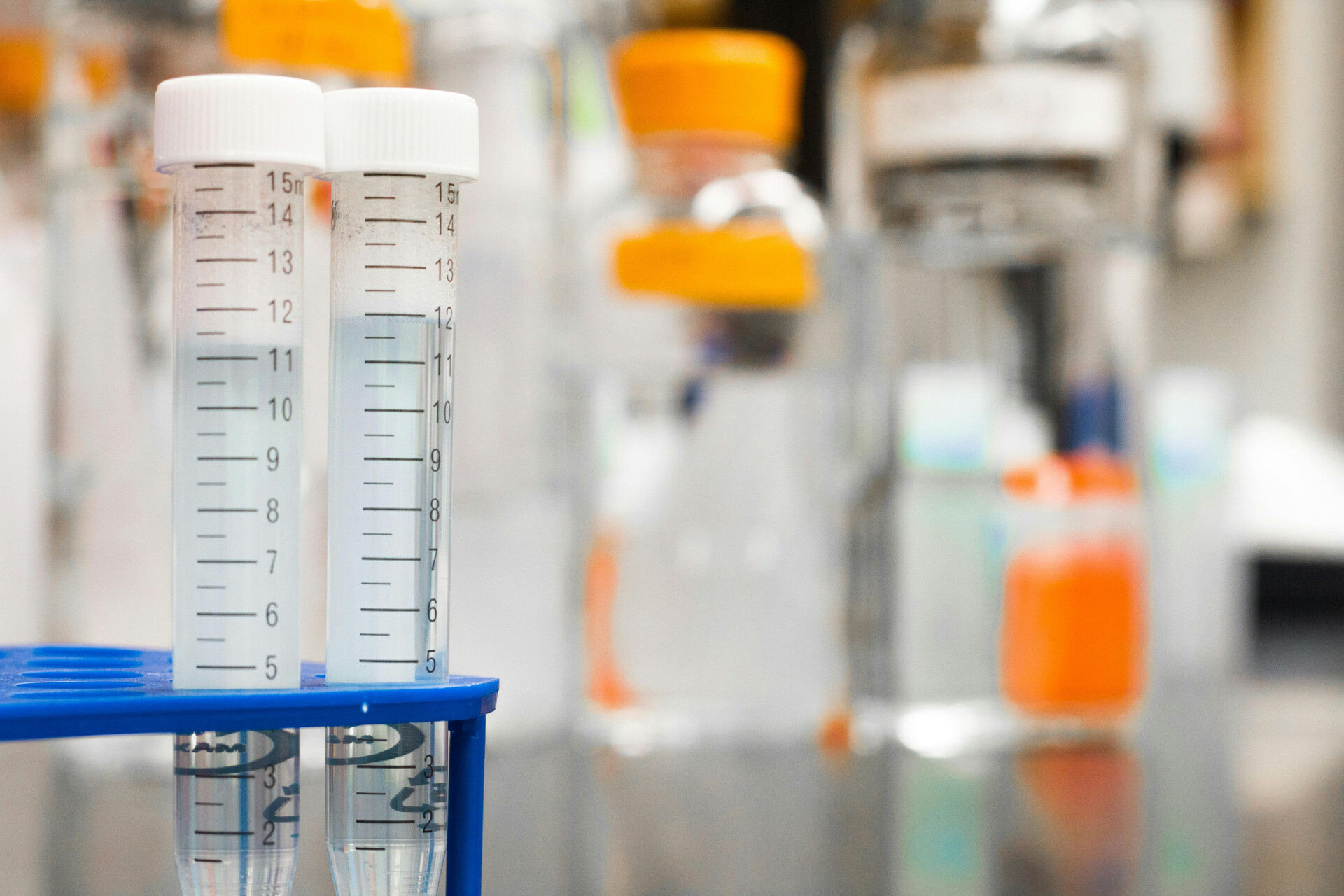Tıbbi Cihaz Klinik Veri Değerlendirme, Klinik Araştırma ve İn vitro (Vücut Dışında Kullanılan) Tıbbi Tanı Cihazları için Performans Değerlendirme hız, uzmanlık ve deneyim gerektiren konulardır.
Klinik araştırma, ürün geliştirme ve market sonrası izleme çalışmalarının en pahalı ve önemli bölümüdür. Çalışmanın yetersiz sayılarak tekrarlanmasının önlenmesi için dikkatlice ve akıllıca planlanmalıdır.
Tıbbi Cihaz ve İn vitro Tıbbi Tanı Cihazları konusunda uzmanlaşmış; yasalar ve Klinik Araştırmalar konusunda donanımlı uzmanlarımız bilimsel olarak değerli Klinik Araştırmaları gerçekleştirmenize yardım ederken, ilgili yasaları gözeterek, kolaylıkla yasal onayları alabileceğiniz dokümanların hazırlanmasını sağlar. Bu konuda uzmanlaşmış ekibimiz klinik araştırma ve klinik veri değerlendirme sürecinin tümünde, klinik, yasal düzenlemeler, ürün ve klinik araştrmaların onayları, biyoistatistik ve veri yönetimi konularında size destek olur.
Bizler işimizi yaparken
- Verilerin korunmasına,
- Uzun vadeli çözümlerle sürdürülebilirliğin sağlanmasına,
- Profesyonel bilgi paylaşımına,
- Projenin bir seferde doğru ve zamanında teslimine önem veriyoruz.
DeSia, Tıbbi Cihazlar için;
- Meddev 2.7.1 Rev 4 kılavuzu ve 2017/745 MDR çerçevesinde klinik veri değerlendirme raporu (KVD) hazırlanması,
- Ürünün Piyasaya Arzı Sonrası Klinik Takip (PMCF) çalışmalarının planlanması ve yürütülmesi,
piyasaya sunulmadan önce klinik araştırmalar için ve İn vitro Tıbbi Tanı Cihazlar için;
- Klinik Performans Değerlendirme konusunda gerekli olan tüm servisleri medikal cihaz alanında uzmanlaşmış, sektör yeniliklerini ve değişen gereklilikleri yakından takip eden kadrosu ile sağlamaktadır.
Yaptığı uluslararası işbirlikleri ile Klinik Araştırmalarınızın farklı ülkelerde gerçekleştirilmesine de olanak sağlamaktadır.








